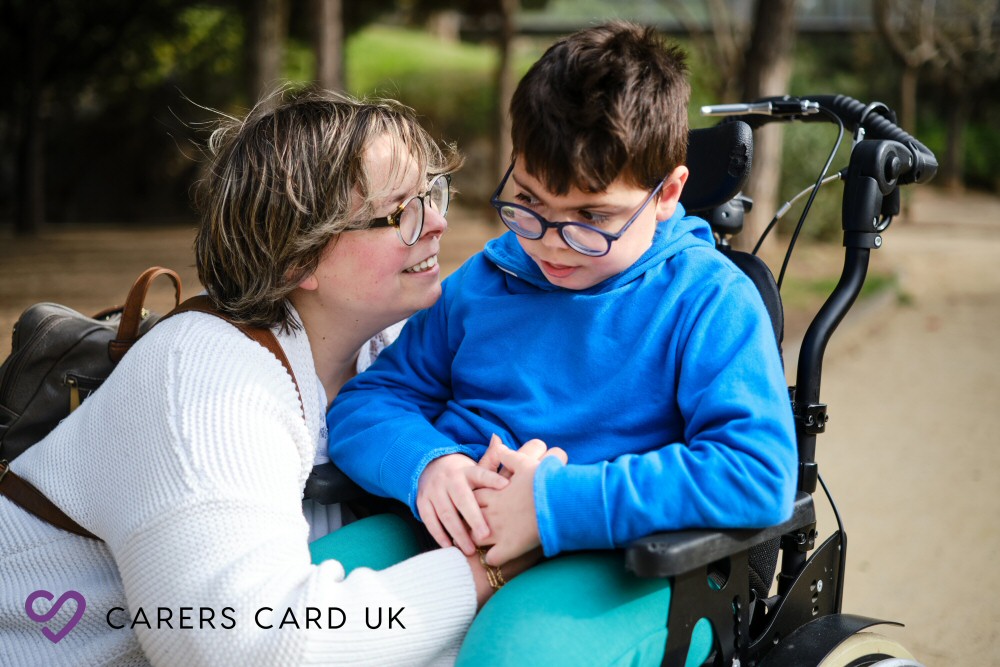Advice for Disabled Carers Caring for Their Disabled Children
Caring for a child with disabilities is a challenging yet profoundly rewarding journey. For disabled carers, this role encompasses layers of complexity as they navigate not only the needs of their children but also their own healthcare requirements. Often, in the midst of prioritising their children's well-being, their own health can inadvertently be neglected. In this article, we explore some advice for disabled carers who are balancing the intricate demands of caregiving while also tending to their own health.

Acknowledge Your Own Needs
As a disabled carer, it's crucial to acknowledge that your own health matters just as much as your child's. Recognise your limitations and the importance of self-care. Remember, neglecting your own well-being can eventually compromise your ability to provide quality care for your child.Seek Support Systems
Building a robust support system is essential for disabled carers. Reach out to family, friends, and local support groups who understand your unique circumstances. They can offer emotional support, practical assistance, and valuable insights derived from their own experiences. Additionally, consider joining online communities tailored to disabled carers where you can find solidarity and guidance.Prioritise Regular Medical Check-Ups
Amidst the demands of caregiving, it's easy for disabled carers to postpone or overlook their own medical needs. However, prioritising regular check-ups is vital for maintaining your health. Schedule appointments with healthcare professionals who understand your specific requirements and can offer tailored guidance. Don't hesitate to discuss any concerns or symptoms you may be experiencing.Embrace Assistive Technology
Incorporating assistive technology can significantly alleviate the physical strain associated with caregiving. Explore adaptive tools and devices designed to enhance mobility, communication, and daily living tasks. From mobility aids to voice-activated assistants, these innovations can empower disabled carers to manage their responsibilities more effectively while minimising the risk of injury or exhaustion.Advocate for Your Rights
As a disabled carer, advocating for your rights and accessibility is paramount. Familiarise yourself with relevant legislation and policies that safeguard the rights of disabled individuals and carers. Seek guidance from advocacy organisations specialising in disability rights to ensure that your needs are acknowledged and addressed within healthcare settings, employment environments, and broader societal structures.Foster Open Communication
Effective communication is key to navigating the complexities of caregiving. Cultivate open dialogue with your child, healthcare providers, and support network to address concerns, share insights, and collaborate on care plans. Encourage your child to express their needs and preferences, fostering a sense of agency and autonomy in their journey towards independence.Practice Self-Compassion
Above all, practice self-compassion throughout your caregiving journey. Understand that it's normal to experience feelings of frustration, guilt, and exhaustion. Allow yourself grace during challenging moments and celebrate the milestones, no matter how small. Remember, you are doing the best you can with the resources and support available to you.In conclusion, the role of a disabled carer caring for their disabled child is multifaceted and demanding. By prioritising their own health, seeking support, advocating for their rights, and fostering open communication, disabled carers can navigate their caregiving responsibilities more effectively while tending to their own well-being. Remember, you are not alone, and your journey as a caregiver is both courageous and invaluable.
Posted: 11/08/2025
